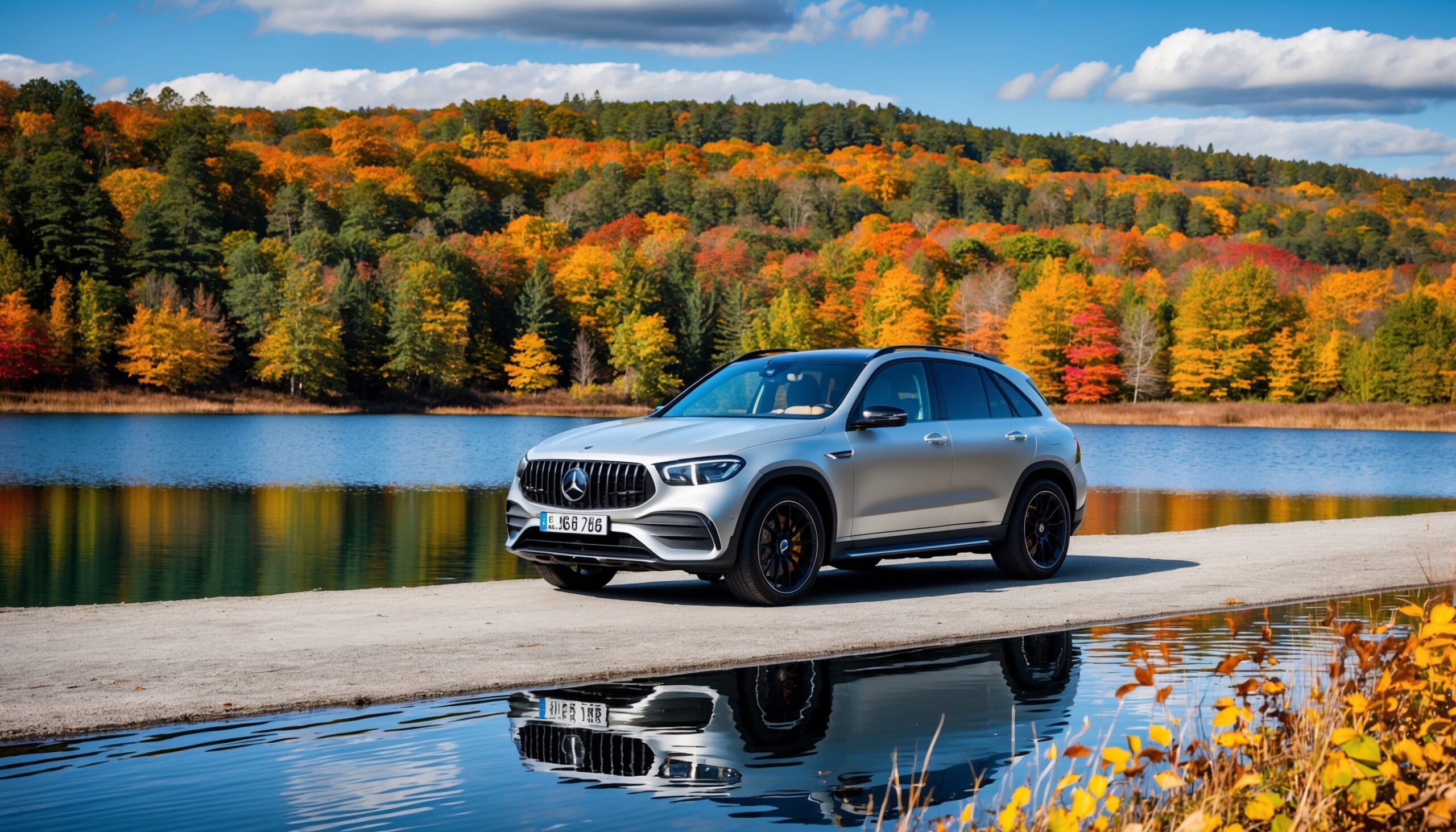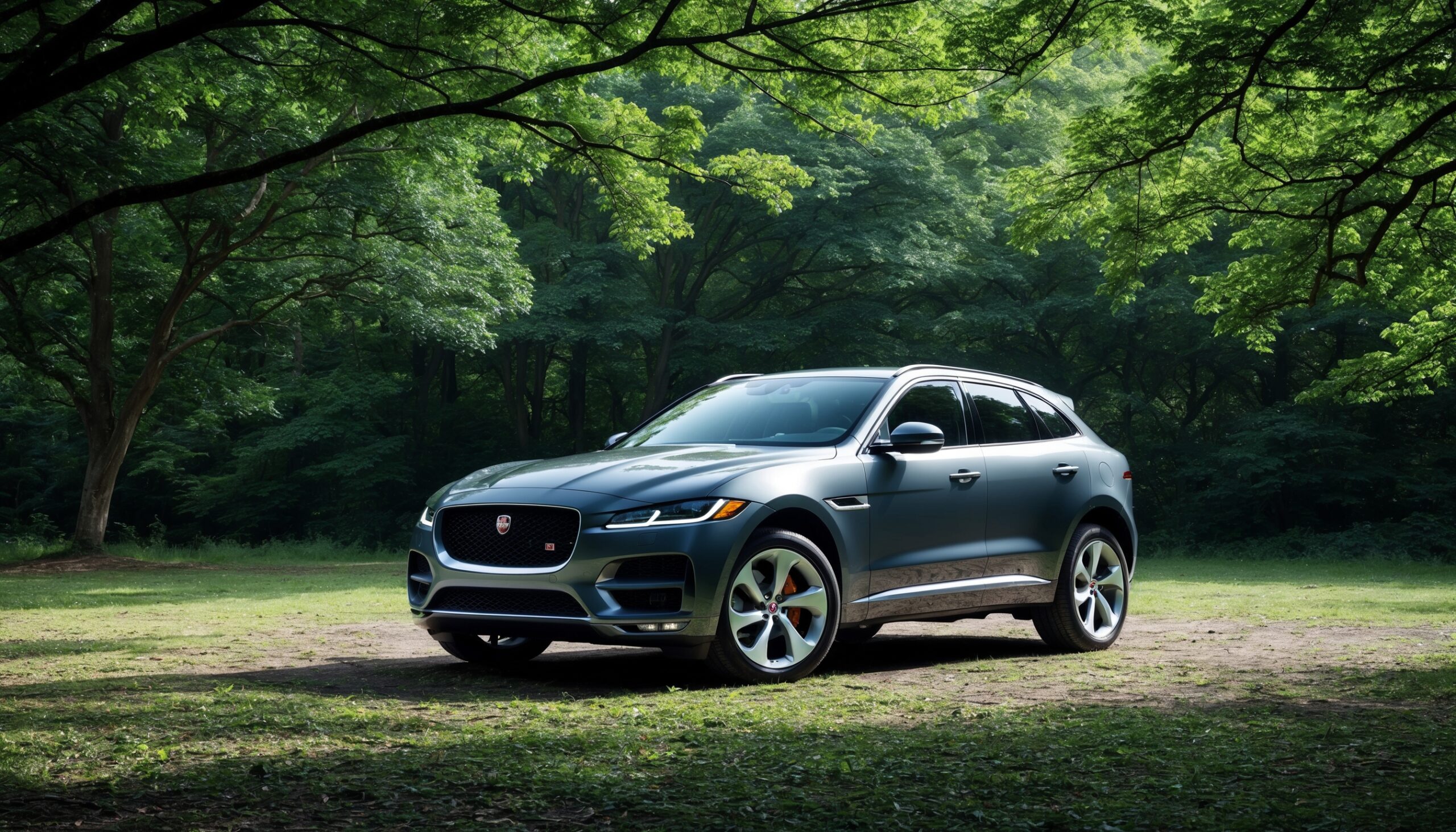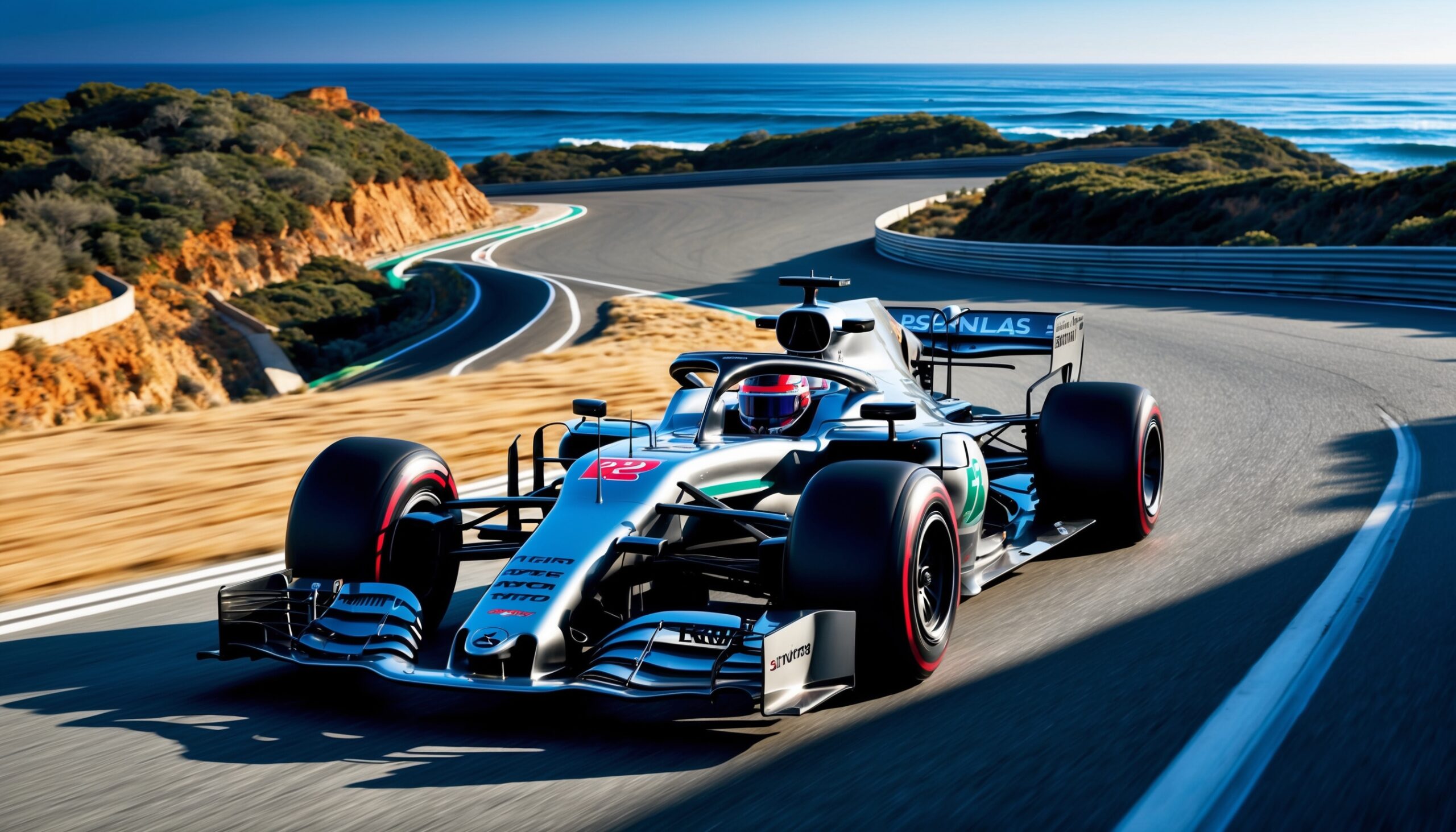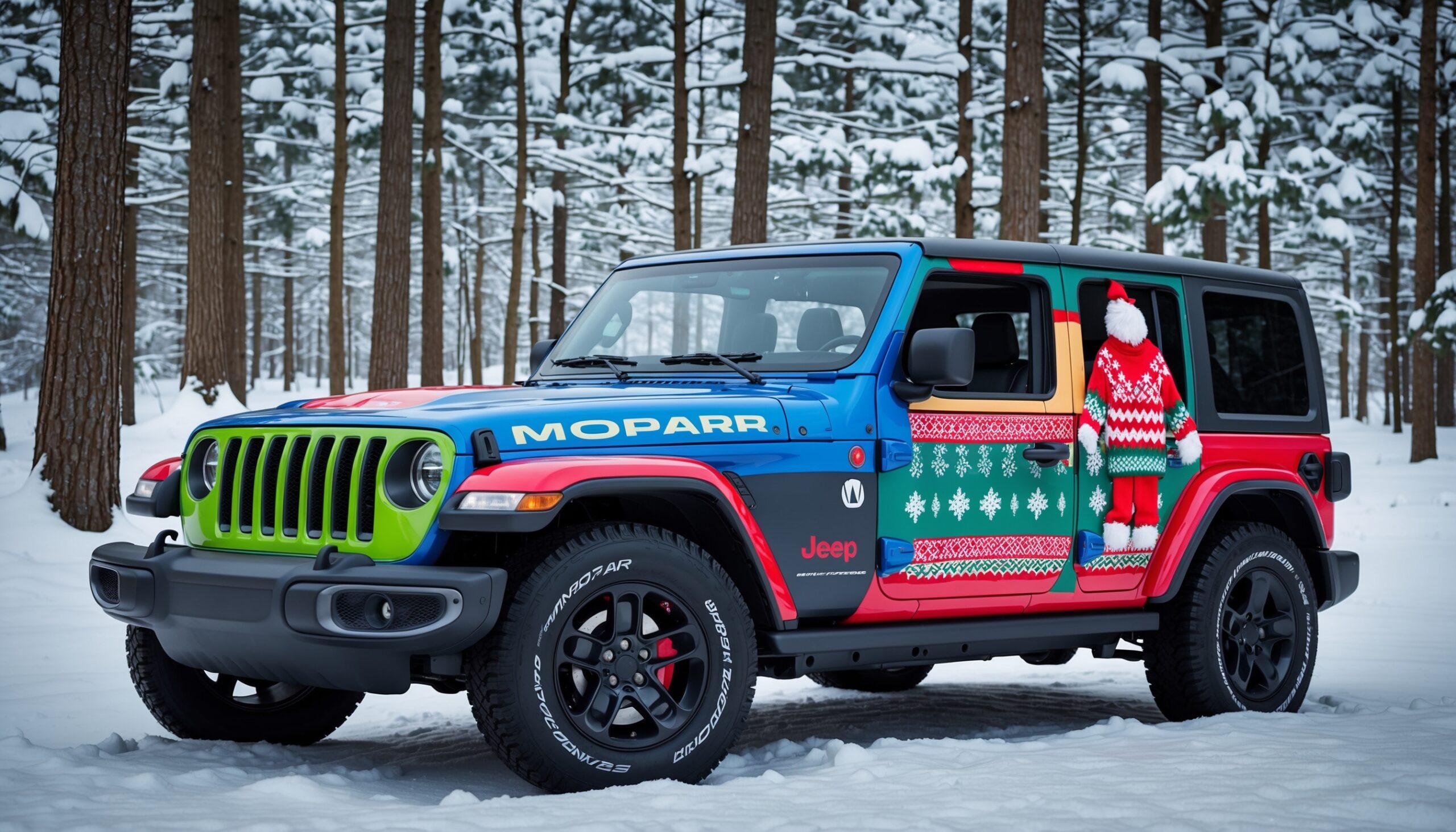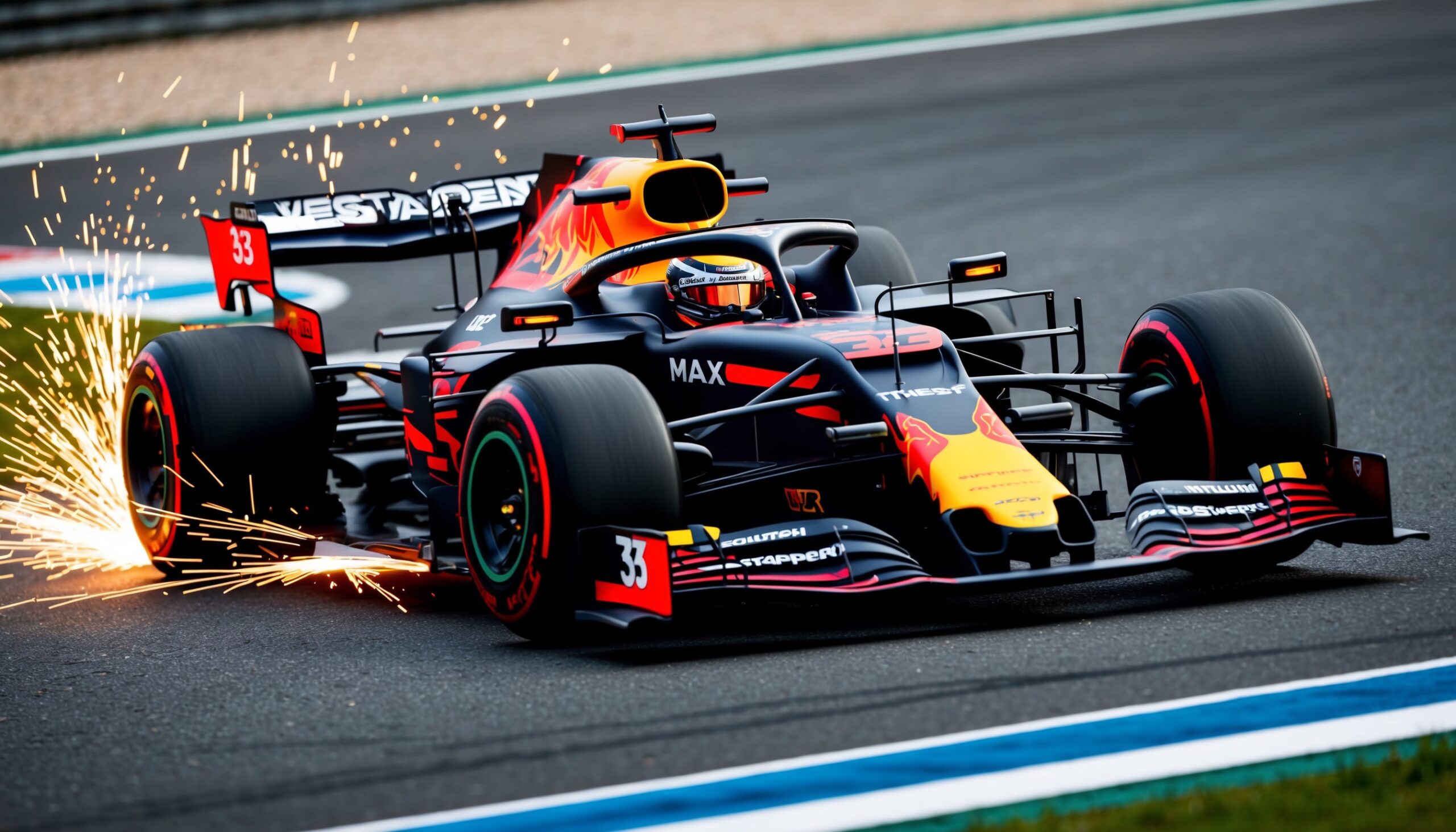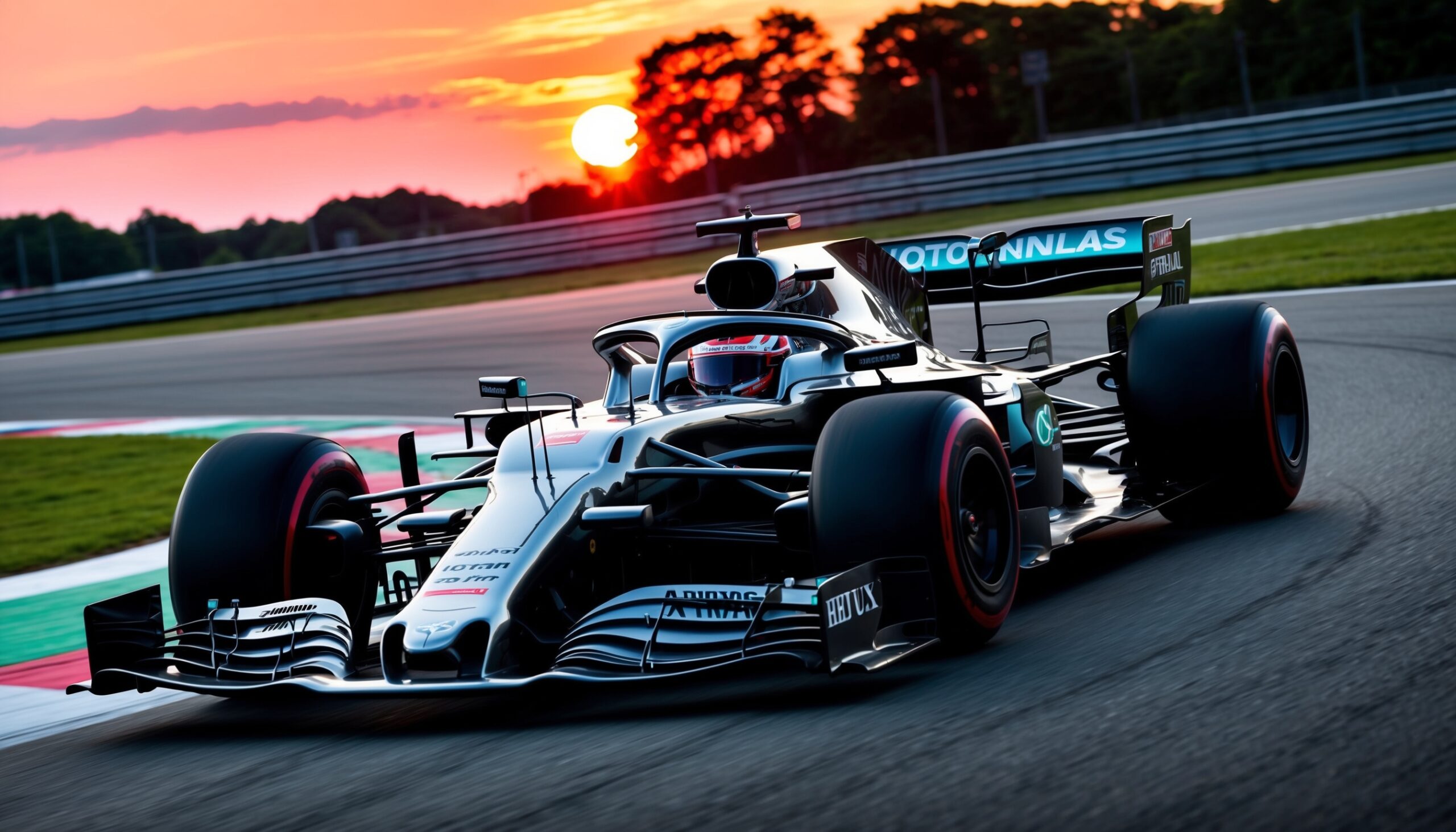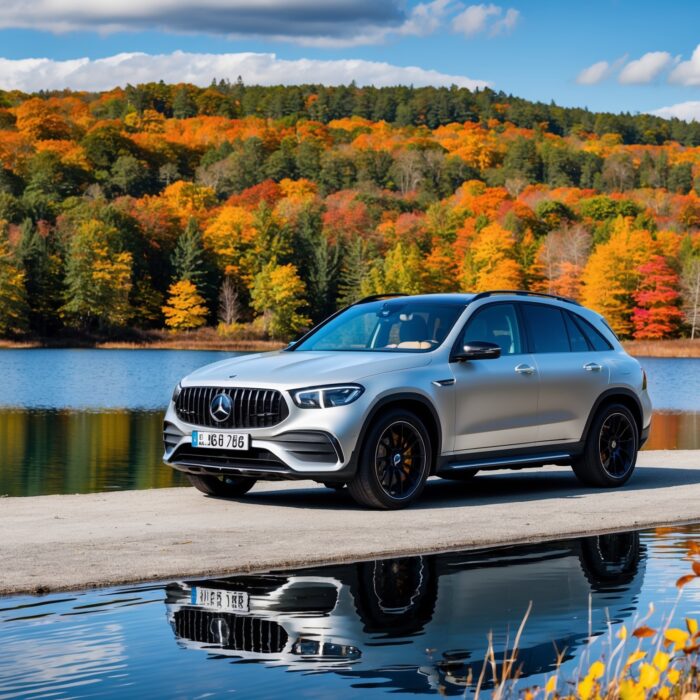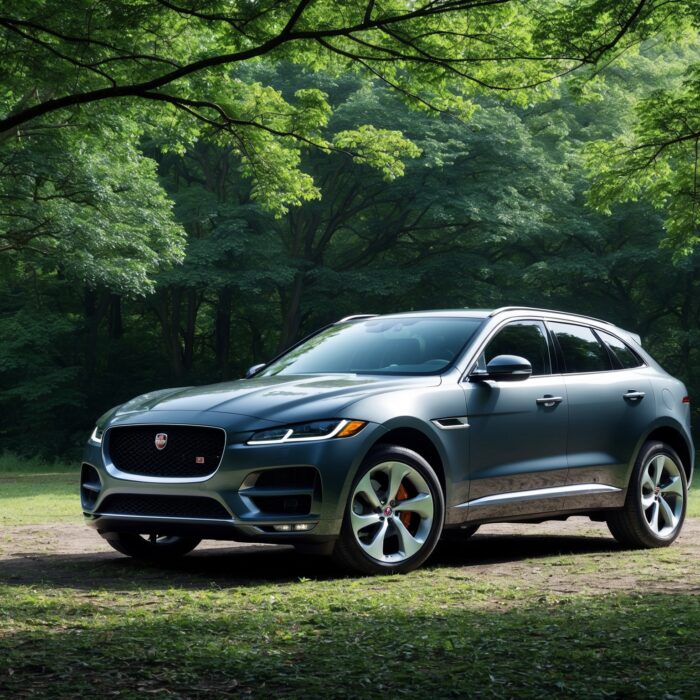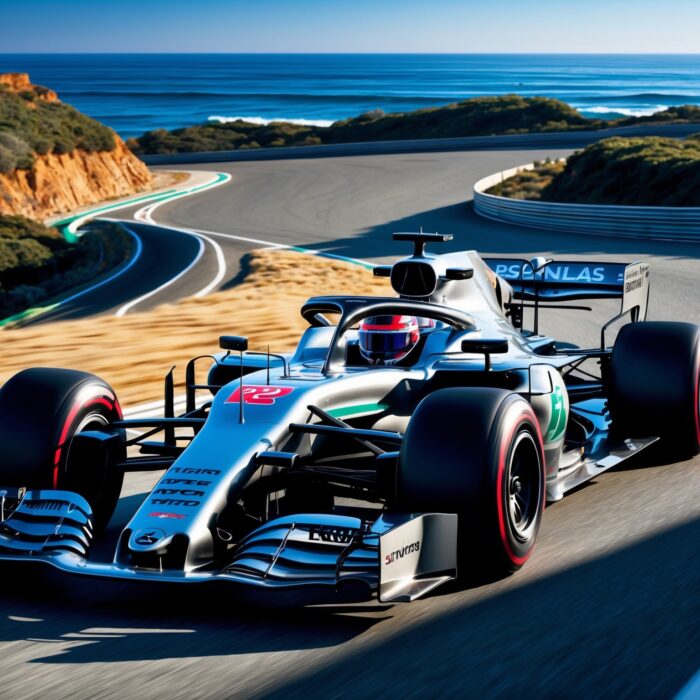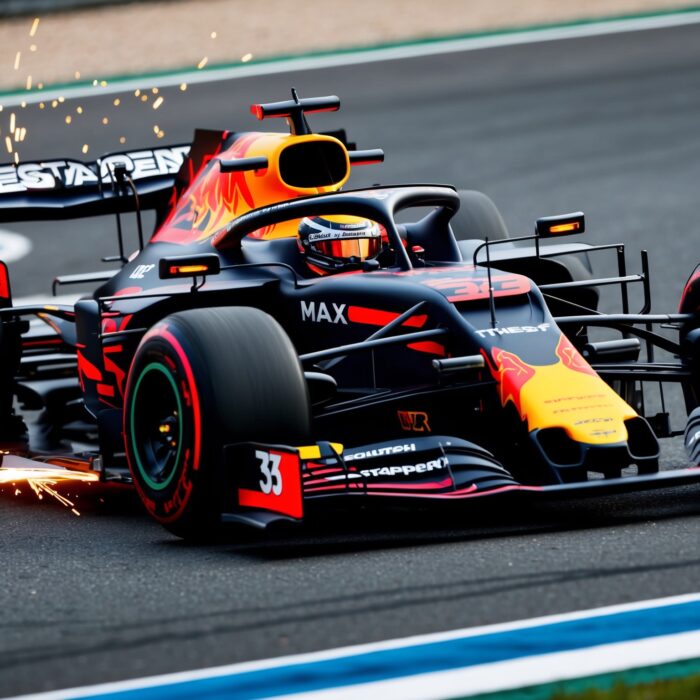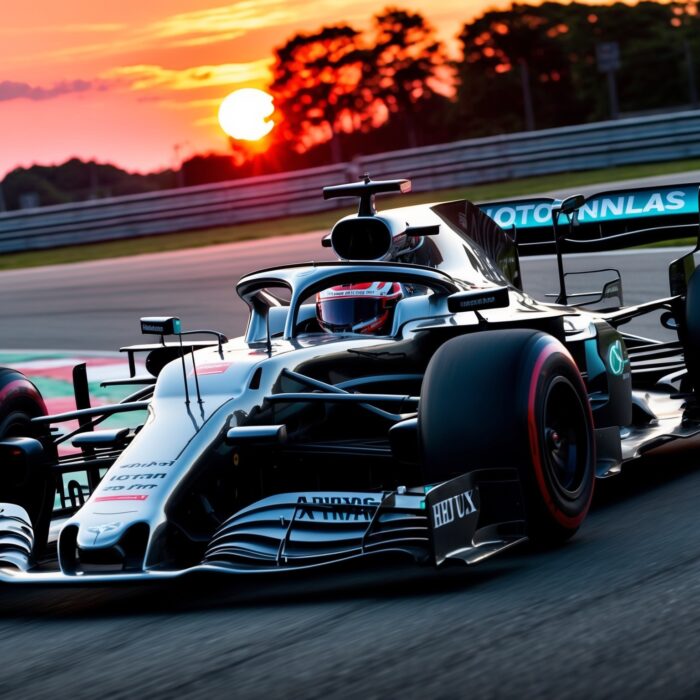Mitsubishi Triton Hybrid Engineers Find BYD Shark 6 PHEV’s Off-Road Limits
In the ever-evolving landscape of automotive innovation, the competition between manufacturers continues to escalate, especially in the realm of hybrid technology. Recently, Mitsubishi Triton Hybrid engineers took on an exciting challenge: exploring the off-road potential of the BYD Shark 6 PHEV. This endeavor has sparked interest among car enthusiasts, as it showcases not only the capabilities of both vehicles but also highlights the advancements in hybrid technology. Buckle up, as we dive into this thrilling exploration!
The Rise of Hybrid Vehicles
Hybrid vehicles have surged in popularity over the past decade, combining the efficiency of electric power with the brute force of traditional combustion engines. As environmental concerns grow and fuel prices fluctuate, manufacturers are racing to produce vehicles that can deliver power and efficiency without compromising performance. The Mitsubishi Triton Hybrid, with its rugged design and hybrid capabilities, stands as a testament to this shift in automotive engineering.
At the same time, the BYD Shark 6 PHEV has emerged as a formidable contender in the hybrid segment, boasting impressive specifications and features tailored for diverse driving conditions. But how do these two vehicles compare when it comes to off-road performance? That’s where the Mitsubishi Triton Hybrid engineers come into play.
Understanding the Mitsubishi Triton Hybrid
The Mitsubishi Triton Hybrid is not just another pickup truck; it’s a well-crafted vehicle designed for both work and play. With a robust chassis, exceptional ground clearance, and advanced hybrid technology, it’s built to tackle a variety of terrains without breaking a sweat.
Also Read: Smaller Ram ‘Dakota’ won't just be a Jeep Gladiator in disguise – report
- Engine and Performance: The Triton Hybrid combines a traditional combustion engine with an electric motor, providing a seamless transition between power sources. This not only boosts performance but also improves fuel efficiency.
- Off-Road Features: Equipped with features like an advanced four-wheel-drive system, locking differentials, and hill descent control, the Triton Hybrid is primed for any adventure.
- Durability: Mitsubishi is known for its rugged vehicles, and the Triton is no exception. Its solid construction ensures longevity, even in the toughest conditions.
Exploring the BYD Shark 6 PHEV
The BYD Shark 6 PHEV brings a fresh approach to the hybrid market. With its sleek design and advanced technology, it promises a driving experience that’s both efficient and exhilarating. But can it hold its own off-road?
- Powertrain: The Shark 6 PHEV features a powerful electric motor paired with a gasoline engine, providing flexibility in power delivery. This makes it suitable for both city driving and off-road adventures.
- Technology: Innovative features like regenerative braking and smart driving modes enhance the driving experience, making it an attractive option for tech-savvy consumers.
- Comfort: The interior is designed with luxury in mind, offering spacious seating and modern amenities that appeal to those who appreciate comfort on their journeys.
The Challenge: Testing Off-Road Limits
When Mitsubishi Triton Hybrid engineers set out to test the BYD Shark 6 PHEV, they had one goal in mind: to push the limits of what this hybrid can handle off-road. The team selected a challenging terrain, filled with rocky paths, steep inclines, and muddy trails, to truly assess the capabilities of the Shark 6 PHEV.
Setting the Scene
Picture this: a rugged landscape adorned with towering peaks and winding trails, where adventure awaits at every turn. The Mitsubishi Triton Hybrid, known for its off-road prowess, stood ready to face the challenge alongside the BYD Shark 6 PHEV. Enthusiasts gathered, eager to witness the showdown between the two hybrids.
Performance Under Pressure
The engineers took turns navigating the treacherous terrain, pushing the BYD Shark 6 PHEV to its limits while the Triton Hybrid served as a benchmark. Here’s how both vehicles fared:
Also Read: Beyond the Chip Shortage: How Automakers are Securing the Future of Software-Defined Vehicles (SDVs)
Mitsubishi Triton Hybrid
As the Triton Hybrid tackled the rocky paths, it demonstrated exceptional stability and traction. The team was impressed by its:
- Climbing Ability: The Triton’s powerful electric motor provided instant torque, allowing it to ascend steep inclines effortlessly.
- Handling: With its advanced four-wheel-drive system, the Triton maintained grip even on loose gravel, ensuring a smooth ride.
- Durability: The rugged build of the Triton Hybrid withstood the harsh conditions, showcasing its reputation as a tough off-roader.
BYD Shark 6 PHEV
The Shark 6 PHEV, while stylish and technologically advanced, faced a few challenges during the off-road test. However, it showcased some impressive attributes:
- Electric Power: The electric motor provided a quiet and smooth experience, particularly on less demanding trails.
- Smart Features: The regenerative braking system helped maintain control on descents, offering a unique advantage in certain situations.
- Comfort on the Move: The plush interior provided a comfortable experience for the engineers, making long drives more enjoyable.
The Verdict: Who Comes Out on Top?
After a full day of testing, it became clear that both the Mitsubishi Triton Hybrid and the BYD Shark 6 PHEV have their strengths and weaknesses. The Triton dominated in terms of off-road performance, showcasing its capabilities as a rugged and reliable vehicle. Meanwhile, the Shark 6 PHEV shined in comfort and technological features, appealing to those who prioritize luxury and modernity in their driving experience.
Ultimately, the Triton Hybrid engineers found that while the BYD Shark 6 PHEV is a solid contender in the hybrid market, it still has room for improvement when it comes to off-road capabilities. The experience served as a learning opportunity, not just for BYD but for the entire industry, as manufacturers continue to innovate.

The Future of Hybrid Off-Roading
As we look ahead, the future of hybrid vehicles in off-road applications is promising. The advancements in battery technology, electric motors, and vehicle design are paving the way for more capable hybrids that can traverse challenging terrains with ease.
What Lies Ahead for Mitsubishi and BYD?
Both Mitsubishi and BYD have shown their commitment to advancing hybrid technology. Mitsubishi is likely to continue refining the Triton Hybrid, enhancing its off-road capabilities while maintaining its rugged charm. On the flip side, BYD may take notes from this testing experience to improve the Shark 6 PHEV’s off-road performance in future iterations.
Consumer Preferences
As more consumers become eco-conscious, the demand for hybrid vehicles will remain strong. The blend of sustainability and performance is a winning combination that appeals to a broad audience. Car enthusiasts and everyday drivers alike are eager to see how manufacturers like Mitsubishi and BYD respond to this growing trend.
Final Thoughts
The journey of the Mitsubishi Triton Hybrid engineers and their challenge against the BYD Shark 6 PHEV has highlighted the exciting developments in the hybrid automotive sector. It’s a reminder that the race for innovation is ongoing, with manufacturers pushing the boundaries of what’s possible. For car enthusiasts following Torque Feed, this is just the beginning of a thrilling chapter in the world of hybrids.
As we continue to explore the limits of hybrid technology, one thing is certain: the road ahead is filled with potential, adventure, and plenty of excitement for all of us who share a passion for automobiles.

